
ComputAge
The biggest community of computational aging researchers
Manifest
We are a community of scientists studying the problem of biological aging with a focus on computational (quantitative) approaches.
We consider human biological aging to be one of the most important challenges of the 21st century and believe that a solution to this problem exists. Thus, our ultimate goal is to develop a therapy that radically (i.e., by 30 years or more) extends human healthspan.
Our values
We trust only in quantitative and reproducible results and interpret biological data with great caution.
We avoid making irresponsible statements to prevent raising false hopes.
We approach biology primarily from a mathematical perspective, while acknowledging the primacy of experiment over theory.
We are strictly results-oriented and recognize that the ultimate goal is not journal publications, but therapies that extend human healthspan.
Our scientific approach
We believe that aging, while complex and multifactorial, can still be described in terms of cause and effect.
Such a description is only possible by defining rigorous requirements (criteria) for any theory.
We rely heavily on modeling (where appropriate), including AI-based approaches (when sufficient data are available).
Our goals
To develop a mechanistic and quantitative theory of aging.
To create open-source tools for gerontologists and computational biologists.
To search for anti-aging therapies (once the theory is developed).
Our projects
Computational Aging Web book
First interactive web book on computational biology of aging with practical coding exercises.
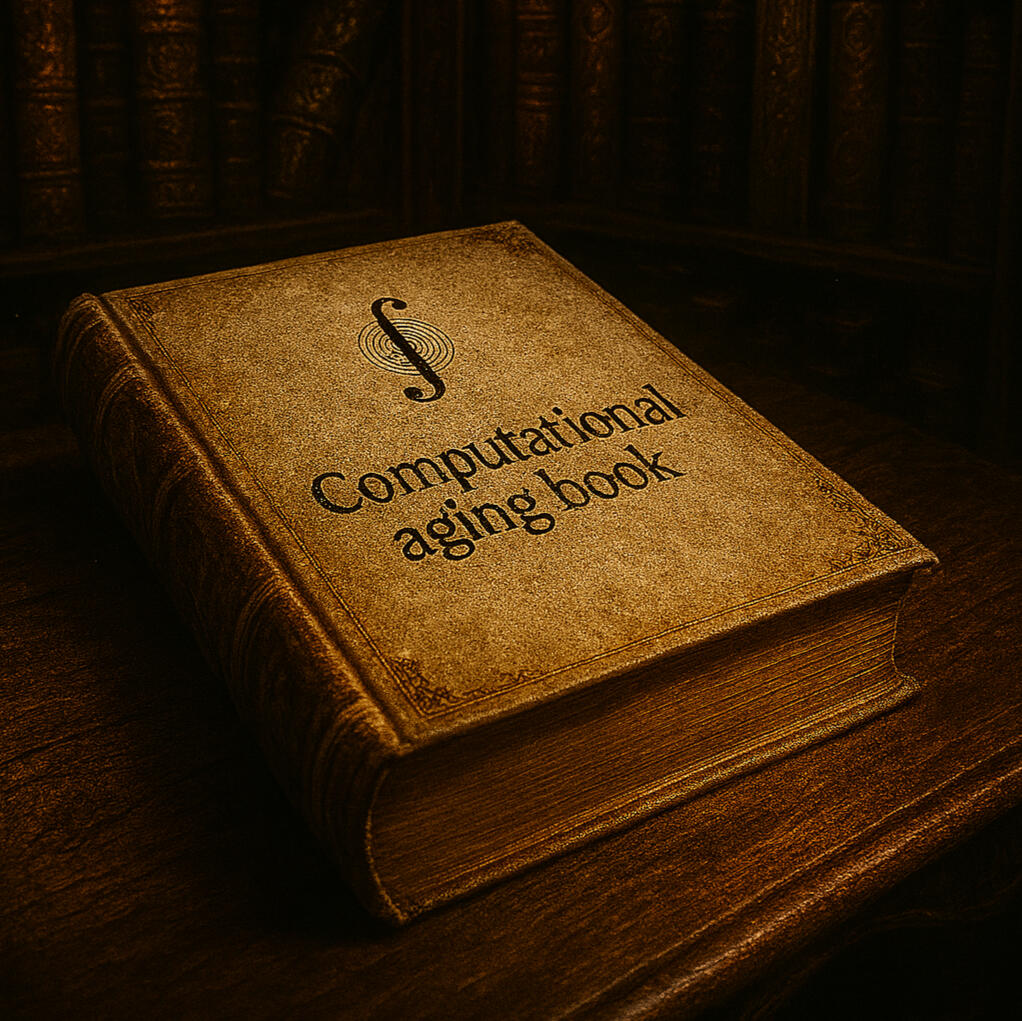
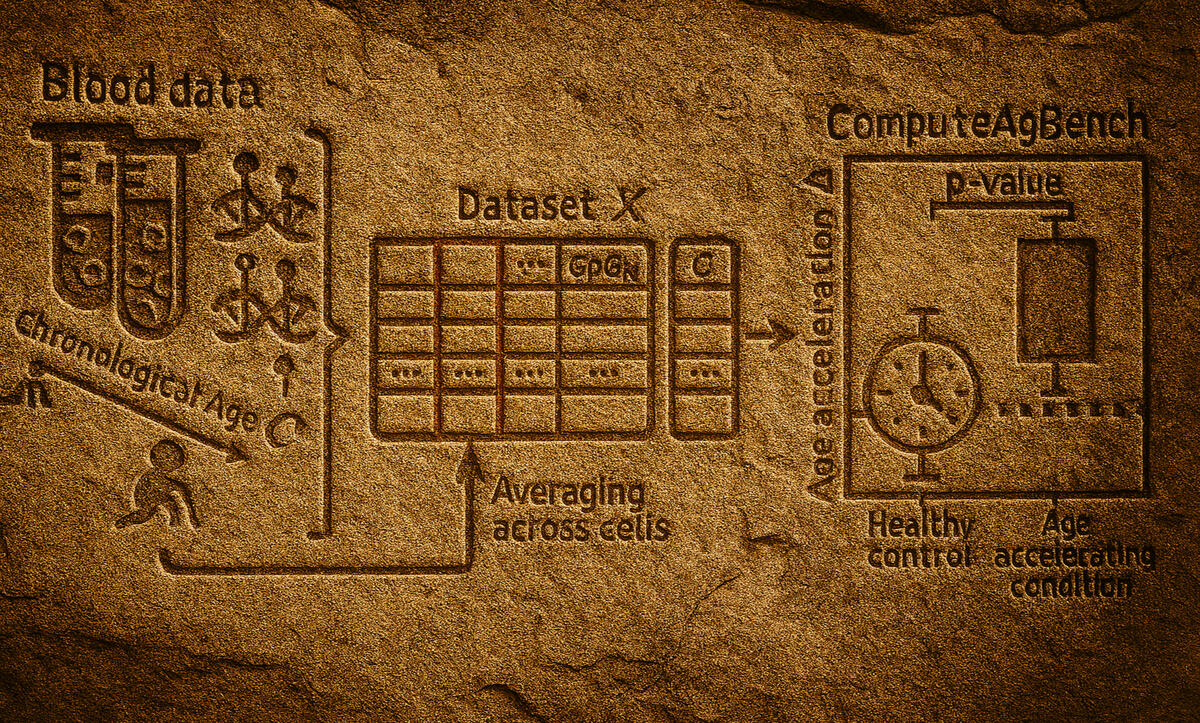
A Platform for Epigenetic Aging Clocks Benchmarking
We collected and carefully preprocessed the first large open DNA methylation dataset and developed a library for benchmarking epigenetic aging clocks.
Our published research articles
Epistemic uncertainty challenges aging clock reliability in predicting rejuvenation effects
Journal: Aging cell
Brief summary: We argue that while epigenetic aging clocks are widely used to assess rejuvenation during reprogramming, their predictions are highly uncertain due to dataset shift. We present a framework incorporating uncertainty estimation, demonstrating that most existing clocks produce inconsistent and unreliable results for rejuvenation, and recommend future models include prediction uncertainty to improve reliability.
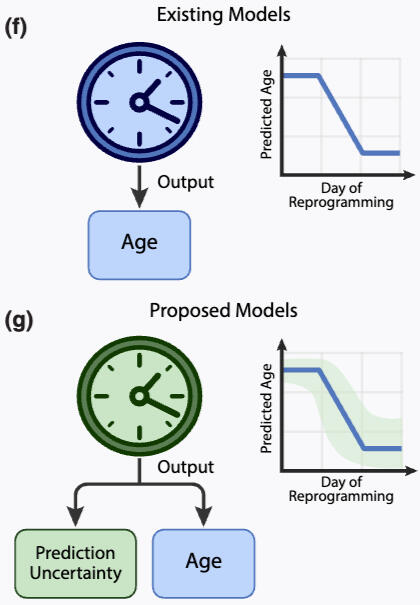
Neuronal travelling waves explain rotational dynamics in experimental datasets and modelling
Journal: Scientific reports
Brief summary: We demonstrate that rotational dynamics observed in neuronal population activity can be more parsimoniously explained by travelling wave patterns of neural activation. We introduced the "gyration number" as a new complex-valued metric to quantify and compare these structural rotations across datasets, challenging the traditional interpretations of low-dimensional rotational trajectories.
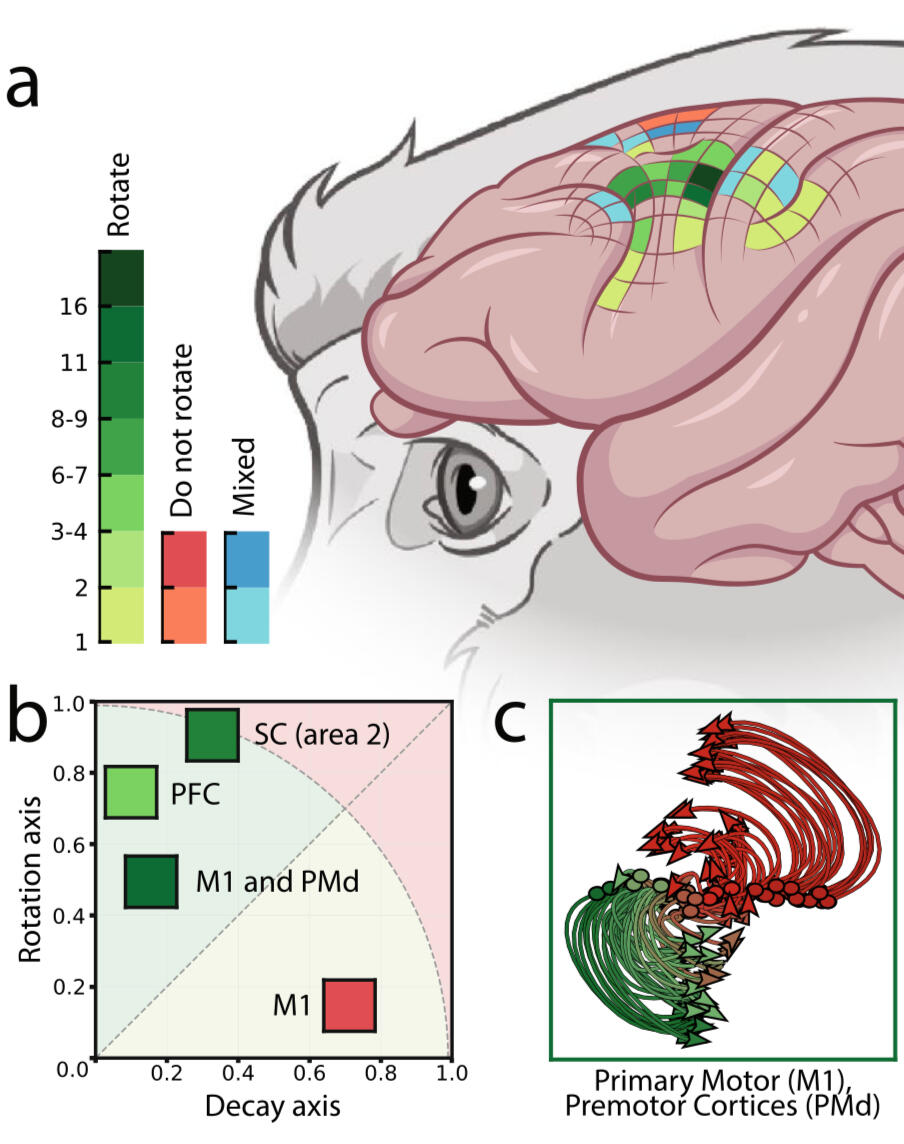
Nuclear expansion and chromatin structure remodeling in mouse aging neurons
Journal: NAR Molecular Medicine
Brief summary: The study reveals that aging in mouse cortical neurons leads to nuclear expansion and remodeling of chromatin architecture, including increased intra-chromosomal and decreased inter-chromosomal interactions. These physical changes disrupt chromatin organization—especially at large genomic scales—while small, transcriptionally active domains become more compact, possibly to preserve essential gene expression.
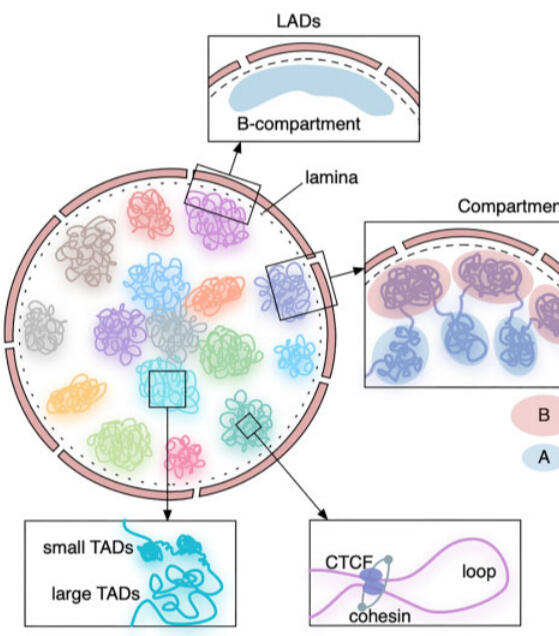
Our advisors
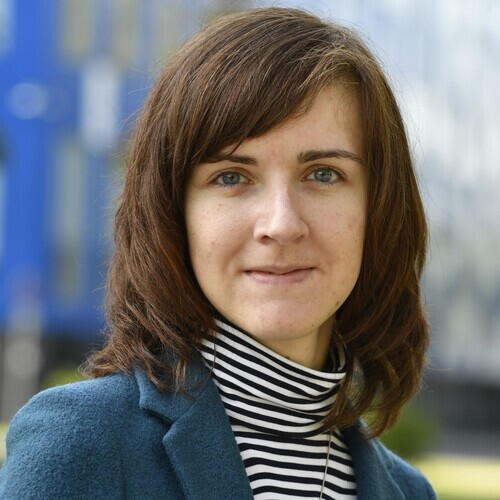
Ekaterina Khrameeva
Associate Professor at the Center for Molecular and Cellular Biology, specializing in chromatin architecture and genome folding. Head of Khrameeva's lab.
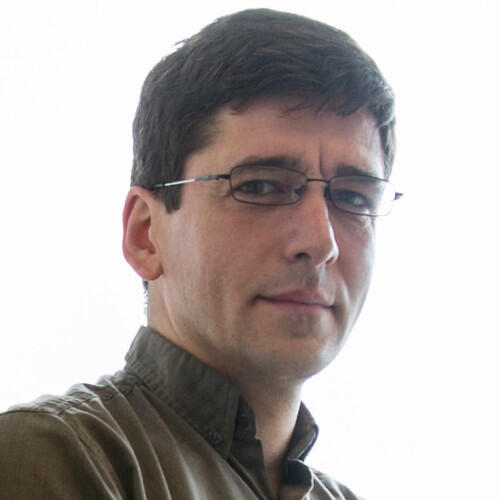
Leonid Peshkin
Principal Research Scientist at Harvard Medical School, specializing in systems biology, aging, and AI applications in biology.
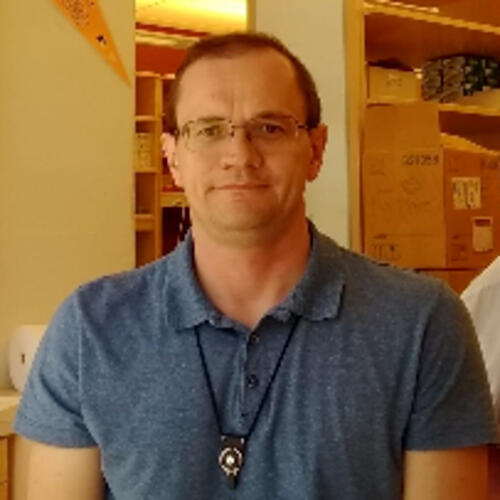
Sergei
Vatolin
Staff Research Scientist and Research Director at Case Western Reserve University, specializing in preclinical drug development for cancer and aging. LinkedIn.
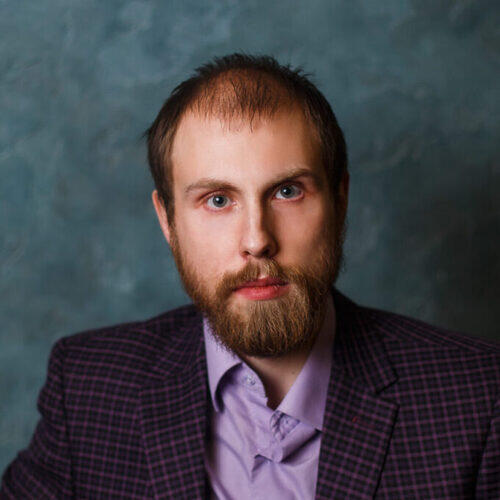
Alexander Fedintsev
Biogerontologist, Chief Scientific Officer at the Radical Life Extension group, Director of Research at Elastin Biosciences.
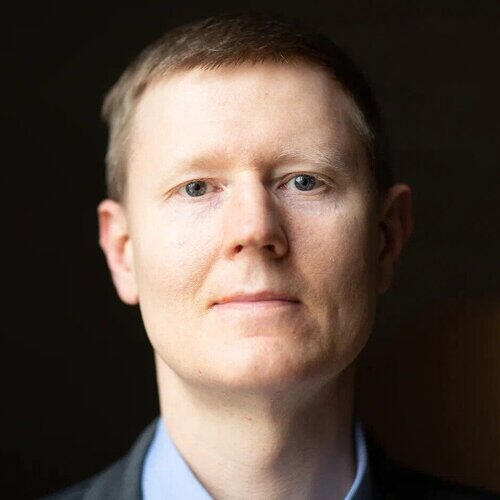
Alexey Moskalev
Corresponding Member of Russian Academy of Sciences, Scientific Director at Longaevus and the Head of the Laboratory of Geroprotective and Radioprotective Technologies
ComputAge Core Research Team
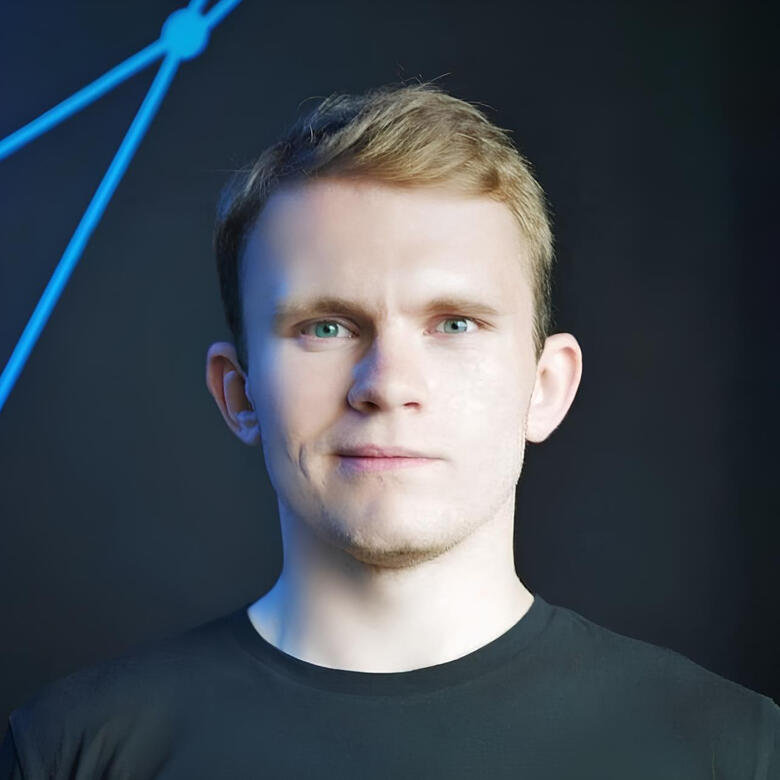
Dmitrii Kriukov
PhD, Computational Aging Biologist, Machine learner.
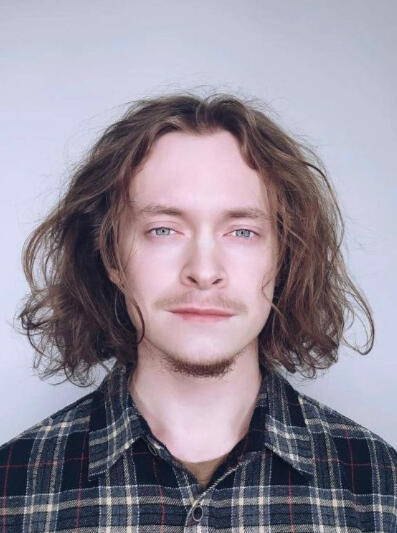
Evgeniy Efimov
PhD student, aging biologist, bioinformatician
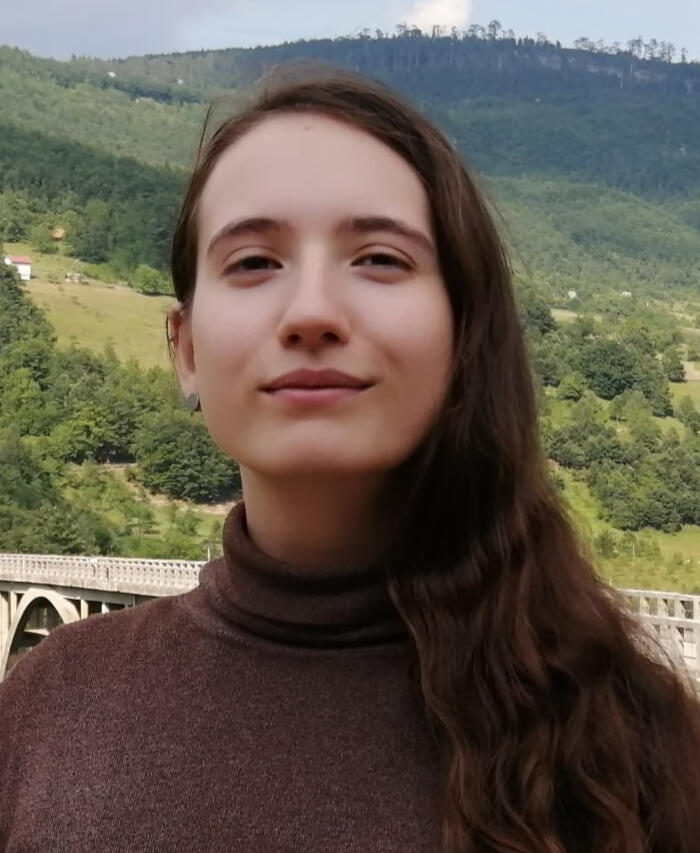
Ekaterina Kuzmina
Deep learner, neurobiologist
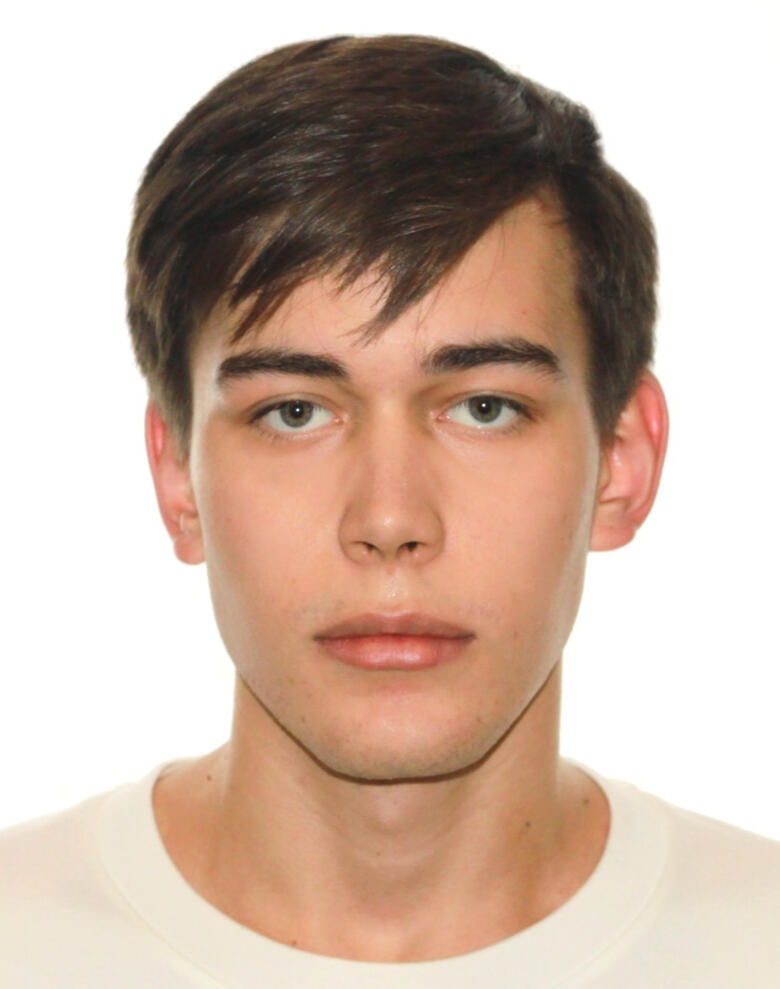
Vlad
Fedotov
Deep learner, computational biologist
ComputAge Founders
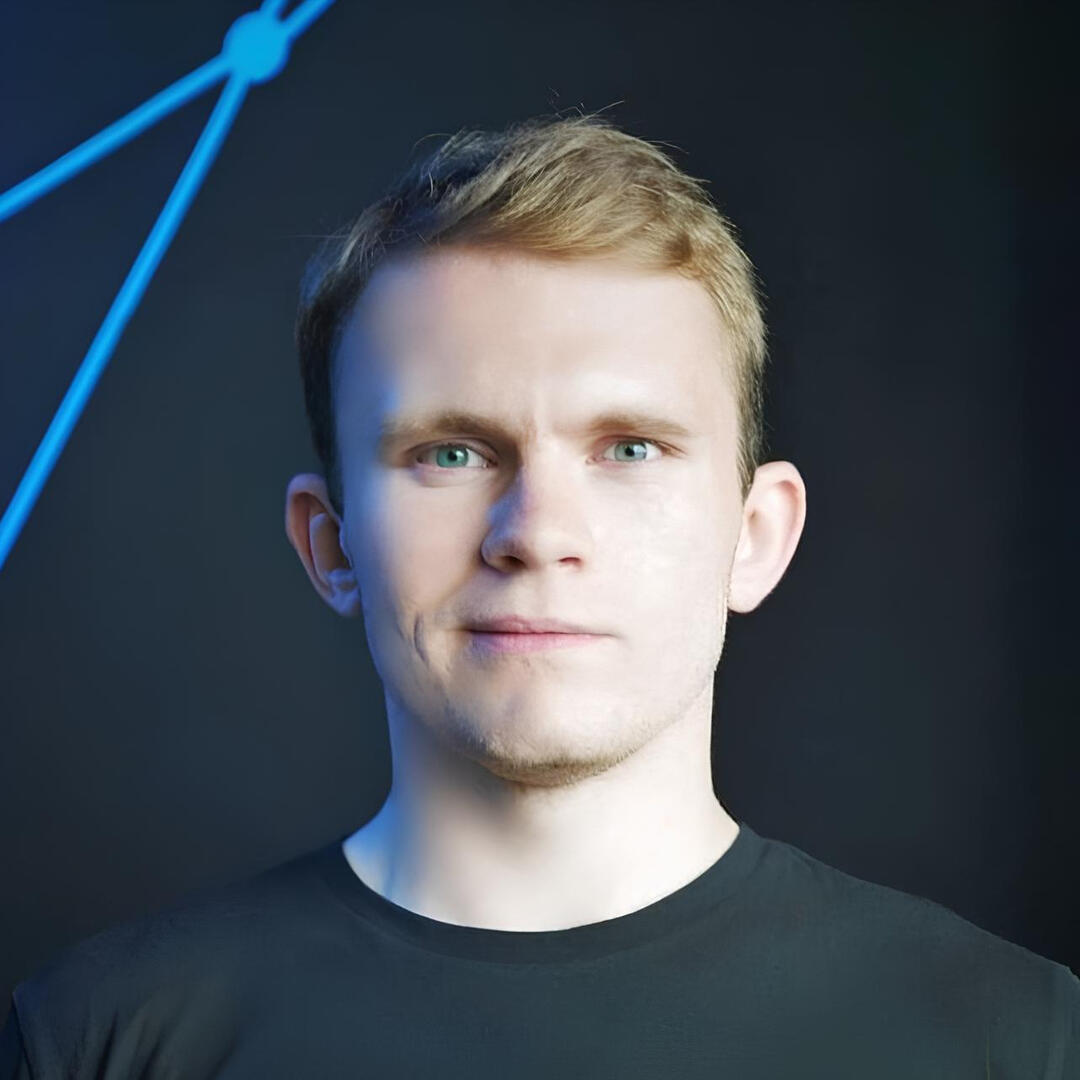
Dmitrii Kriukov
PhD, Computational Aging Biologist, Machine learner.
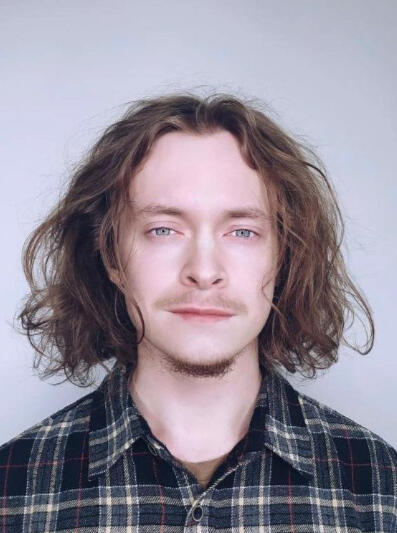
Evgeniy Efimov
PhD student, aging biologist, bioinformatician
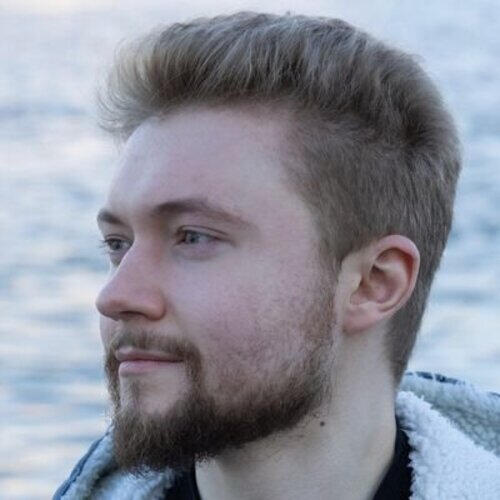
Simon Steshin
AI Drug Discovery researcher at Optic Inc.
Join Us
We connect over 800 professors, students, and industry researchers in a Telegram ecosystem. We mostly speak Russian for historical reasons, but we are migrating to English. Join us!
Subscribed!
Thanks!
